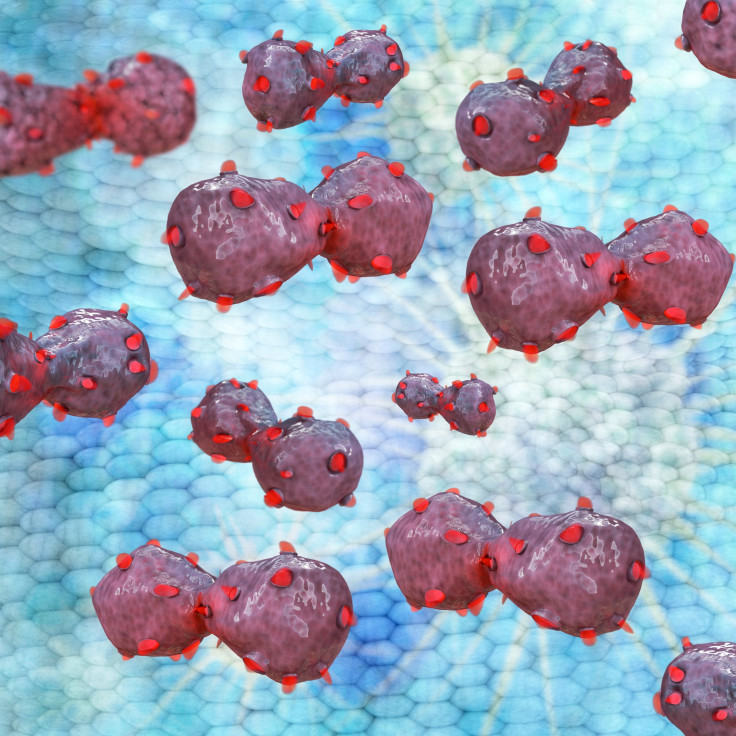Lung Cancer Cells Self-Destruct After Drug Combination Treatment, Paving Way For Technique

In the future, the best weapon against cancer may well be cancer. At least this is the vision of the Cancer Research UK, and though it may be hard to believe, based on the findings of their latest study, the day when cancer “kills itself” may be closer than you think.
When a cell is no longer able to perform its necessary function, it essentially commits cellular suicide and triggers a chain of events which end in self-destruction. Cancer cells are exempt from this process and will continue to live, regardless of how much harm they inflict on a body. This allows them to grow out of control and eventually form deadly tumors. According to a recent press release, a team of researchers from Cancer Research UK has found a drug combination capable of triggering the cell self-destruction process in lunch cancer cells.
The discovery, although still in its infancy, could essentially revolutionize the way doctors approach cancer. “Igniting the fuse that causes lung cancer cells to self-destruct could pave the way to a completely new treatment approach — and leave healthy cells unharmed,” lead researcher Dr. Henning Walczak, from University College London Cancer Institute, explained in the press release.
In the study, the team used lung cancer cells from mice to demonstrate how two drugs, TRAIL and a CDK9 inhibitor, altered the molecular switches of the cancer cells, forcing them to kill themselves Mission Impossible style. Impressively, none of the mice’s healthy cells were negatively affected by the potent drug combination.
Lung cancer is the most deadly of all forms of cancers. According to the Centers for Disease Control and Prevention, lung cancer claims around 1.6 million lives worldwide each year. What makes this form of cancer so extremely deadly is how especially hard it is to detect. Most patients show almost no symptoms of disease until the cancer has progressed too far to be treated.
"There's an urgent need to save more lives from lung cancer, and we hope these findings will one day lead to effective new treatments to help lung cancer patients and potentially those with other cancer types too," said Nell Barrie, a senior science information manager at Cancer Researcher UK. For now, the drug combination is still in its early stages of development, but eventually it may prove to be a potential treatment option for patients with non-small cell lung cancer.
The next step for the team is to see how this cancer-killing approach affects different types of cancers, “We hope it could ultimately lead to testing this technique in trials to see if it can help patients," Walczak said. The study will be presented next week at the National Cancer Research Institute (NCRI) Cancer Conference in Liverpool, England.
Source: Walczak H, Montinaro A, Lemke J, von Karstedt S. Selective CDK9 inhibition overcomes TRAIL resistance in NSCLC. NCRI Cancer Conference. Liverpool, UK. 2014.



























